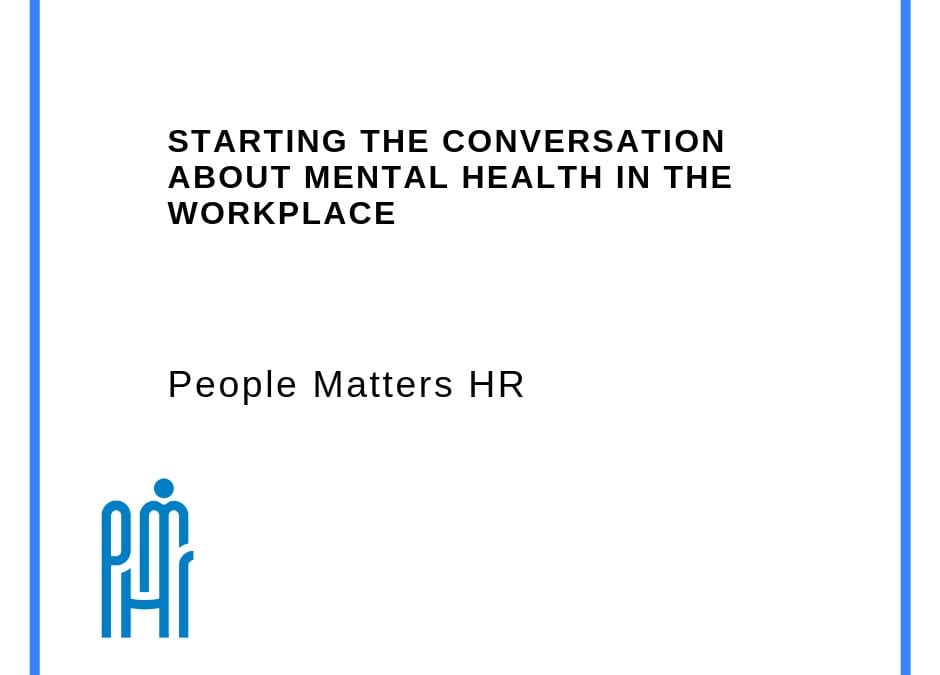The charity Mind has conducted research that shows, without any doubt, that a culture of fear (and ultimately silence) around mental health is costly to employers.
For example, employees were asked how work-based stress had impacted on the lives of employees. 21% stated they had called in sick to avoid work (though that is unlikely to have been the reason given for their absence). Equally, 42% of employees asked stated they had considered resigning due to work-based stress. A further 14% had actually done so.
As an employer, this means valuable staff are missing from work. It causes a lack of productivity and of course, incurs further costs. Worst case scenario, it means these staff members are ultimately leaving and looking for work elsewhere.
Here, at People Matters, we believe that one of the most concerning statistics uncovered by Mind is that 30% of employees do not feel comfortable talking to their line manager about stress. This lack of communication can lead to employees taking time off work or leaving altogether.
There are many mental health myths in the workplace. Although it is tempting to blame employers, 56% of employers said they want to do more to help their staff. They also want to improve wellbeing throughout the company. The problem, however, is not knowing where to start, what to do or whom to turn to when it comes to seeking advice and guidance.
The end result is that everyone ends up feeling alone. Employers feel their hands are tied and wind up doing nothing (or very little). They fear perhaps getting it wrong. Employees feel isolated and fearful about potential repercussions of discussing their mental health concerns.
Over the next few weeks we will be looking at a number of potential mental health issues that you and your staff may experience. Additionally, what you can do to help support everyone who needs it within the workplace. Stress might be one of the main issues we think about when it comes to mental health at work. However, this is just the tip of the iceberg.
